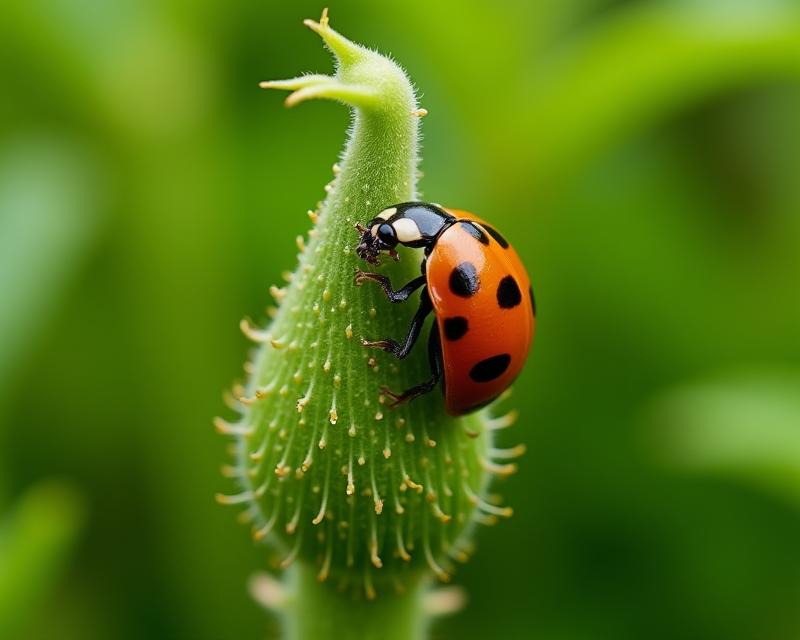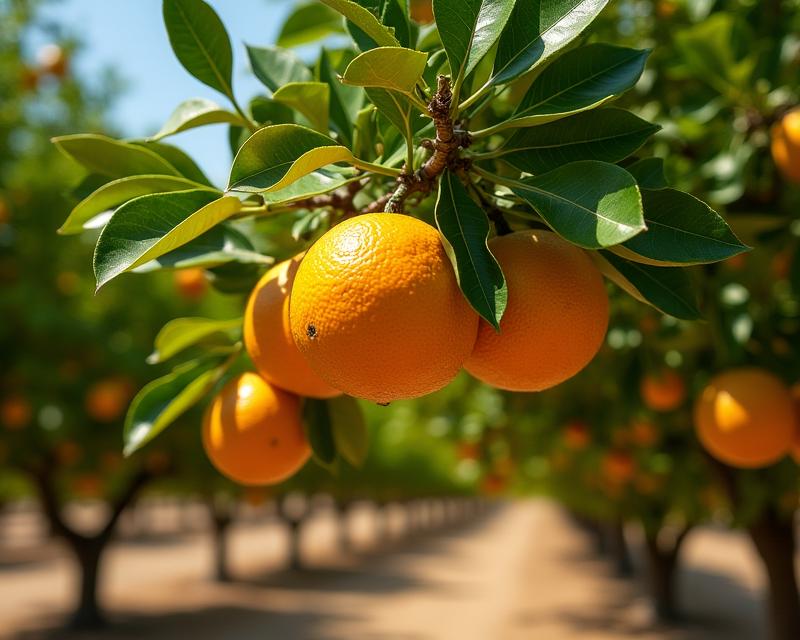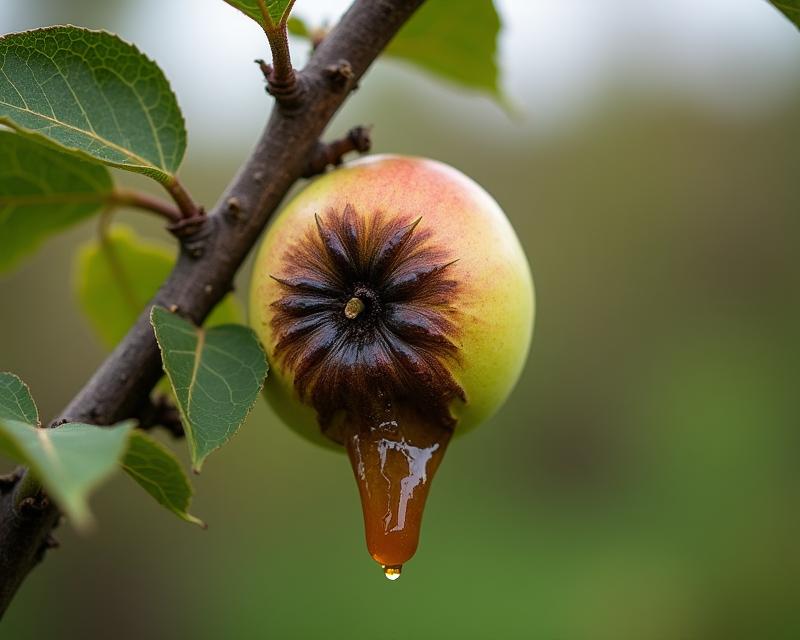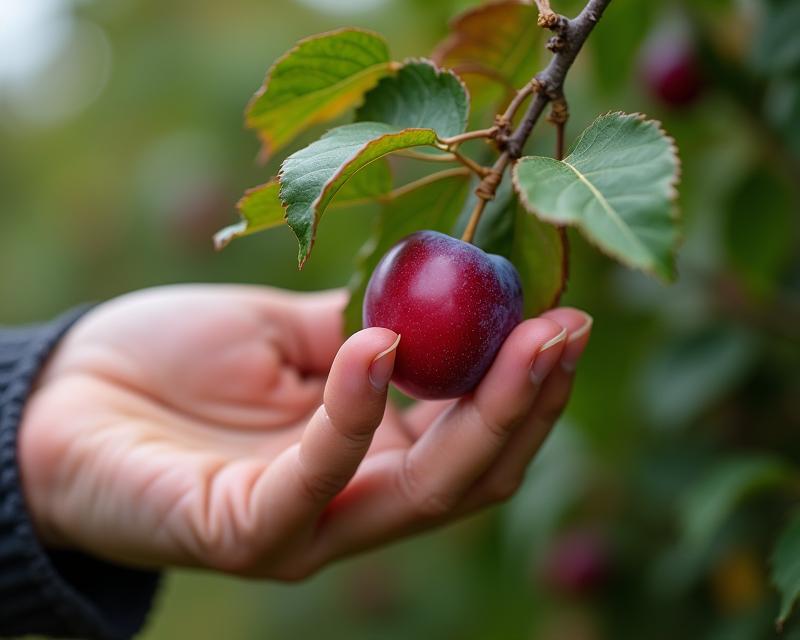Aphid Attack! Protecting Your Veggies
Publish in Crops el 04/07/2025 15:50
Aphid Alert! Protecting Your Veggies
Aphids. Just the name can send shivers down a gardener's spine! These tiny, sap-sucking insects are a common problem in vegetable gardens, and they can cause significant damage if left unchecked. But don't despair! Understanding aphids and knowing how to control them is key to a healthy and productive harvest. This guide will walk you through identifying aphids and offer both natural and chemical solutions to keep them at bay.

What are Aphids and Why are They a Problem?
Aphids are small, soft-bodied insects that come in various colors – green, black, yellow, and even pink! They cluster on new growth, stems, and undersides of leaves, using their piercing-sucking mouthparts to feed on plant sap. This feeding weakens plants, stunts growth, and can distort leaves and flowers. Furthermore, aphids excrete a sticky substance called honeydew, which attracts ants and can lead to sooty mold growth, further hindering photosynthesis.
Identifying Aphids
The first step to controlling aphids is identifying them. Look closely at your plants, especially new shoots. You might see small, clustered insects. Leaves may appear curled, yellowed, or distorted. Sticky honeydew is a telltale sign. Often, you'll also notice ants crawling around the affected plants – they feed on the honeydew!
Natural Remedies for Aphids
Before resorting to chemical controls, consider these natural methods:
- Water Spray: A strong blast of water from a hose can dislodge aphids. Repeat every few days.
- Insecticidal Soap: This is a gentle but effective option. It disrupts the aphids' outer coating, causing them to dehydrate. Follow product instructions carefully.
- Neem Oil: Neem oil is a natural insecticide and fungicide. It interferes with the aphids' feeding and reproduction. Apply thoroughly, covering all plant surfaces.
- Introduce Beneficial Insects: Ladybugs, lacewings, and parasitic wasps are natural predators of aphids. You can purchase these insects online or at garden centers.
- Companion Planting: Plant flowers like marigolds and nasturtiums, which attract beneficial insects and can repel aphids.
Chemical Controls (Use as a Last Resort)
If natural methods aren't enough, you can consider chemical insecticides. Choose products specifically labeled for aphid control and follow all label instructions precisely. Pyrethrins and insecticidal soaps are common options. Remember that chemical controls can also harm beneficial insects, so use them sparingly and strategically. Always wear appropriate protective gear when applying insecticides.
Regular monitoring of your plants is crucial for early detection and control of aphids. A little vigilance can save your harvest!





